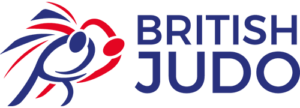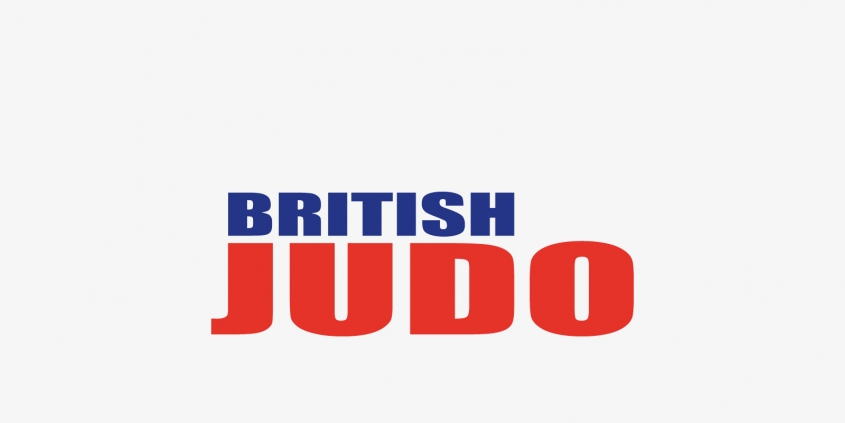Judo: International Day of Persons with Disabilities
Today (Thursday 3 December) is the 2015 International Day of Persons with Disabilities. This year the theme for the day is ‘Inclusion matters: access and empowerment for people of all abilities’. Judo is a sport that prides itself on being inclusive to people of all ages, genders, races and religions regardless of disabilities or impairments.
For the International Day of Persons with Disabilities we spoke to a number of people from within the sport about inclusion in judo and why it is so important.
Sara Hayes, Chair of British Judo Inclusion Commission:
“Judo is a sport which is ideal for all players, irrespective of age, shape, size, ability or athleticism. There are so many different aspects to the sport, every player will be able to find something to suit them, whether they want to spend time practising and perfecting their techniques, or whether they have aspirations to represent their country.
“Our Paralympic players have had major successes over the last few years, and increasing numbers are participating in Special Olympics events, national and international events. Even higher numbers are finding that judo is a sport they can do at any level, and BJA clubs are truly inclusive in welcoming all comers, either in mainstream sessions, where qualified coaches support them to work at their own pace to maximise their potential, or in specialist classes, where dedicated coaches meet the needs of their players.”
Sam Ingram, GB Paralympian and Visually Impaired judoka:
“Judo is inclusive because the sport can be adapted to allow many different people to enjoy it, through different rules and different levels of competition many disabled people have the opportunity to take part and compete in an amazing sport. Overall I would say everyone I have come into contact with in my career have always been very accommodating and supporting, this is a testament to the Judo community.
“The biggest thing I can say about inclusion is that ‘it is possible’. Sometimes people/companies/sports have to make some changes be that physical changes like installing equipment or changing attitudes toward disability. It is possible for disabled people to make a positive impact on society, they just need the opportunity.”
Stuart Jackman, GB Special Needs judoka:
“I am proud to be part of the Great Britain Special Needs Judo team and attend SN International events. For SN Judo there are different participant levels which are determined by ability of what you can do and your aims of competition.
“I am a level 1 which means I compete to win with likeminded athletes. A level 5 will participate to have fun and take part in something they enjoy. Judo works so well with the theory of inclusion as Judo can be adapted in so many ways. Visually Impaired athletes start ‘gripped up’ so that there is no disadvantages of not knowing where your opponent’s hands are. Judoka with motor skill difficulty or physical difficulties can do Judo completely on their knees to avoid the heavier impacts etc.
“I myself am diagnosed with Autism Spectrum Disorder and do not require physical adaptations to practice Judo. The aspect that makes the sport inclusive to me is the respect. Judo is centered around the philosophies of working hard and respecting everyone and it is an environment where I feel I can be myself and be respected.
“I believe that having this as the central philosophy makes Judo unique and with respect at the heart of it gives a warm and inviting attitude to those with disabilities of every degree. For me, having a Special Needs Judo squad allows me to participate at a level I would not achieve in mainstream sport and for that I am very thankful and proud. In Judo it is the attitude of what you can do, not what you can’t do.”
Chris Skelley, member of the British Judo Visually Impaired team:
“Judo is a great sport for people who have disabilities because it make you forget you have any disabilities. It helps you be more confident with yourself, it make you feel invincible and is a great way to meet new people who might be perfectly fine or who also have the same problems. I would personally tell people who have disabilities to not be scared and go and show the world what we can do!”
Visit throwyourselfintojudo.com to find clubs in your local area
If you’d like to find out more about VI Judo then email vijudo@britishjudo.org.uk or check out our ‘Guide to VI Judo’
If you’d like to find out more about Special Needs Judo then email Sara Hayes sarahayesjudo@gmail.com and Andrew Scott andy@cornwall-judo.fsnet.co.uk




